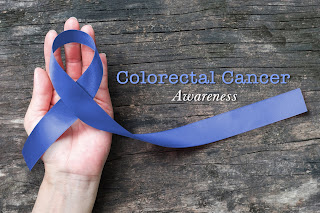These
are stressful times impacting all of us both personally and professionally in
different ways. Many of us have patients and loved ones we are worried about.
Some are worried about childcare during a month of no school. A simple trip to
the grocery store is no longer simple. Here are some quick tips to lessen the
toll this might have on your mental health along with some great resources that
might be helpful to you, your patients and your practice colleagues:
- Maintain perspective - Don't panic but follow recommended precautions. This is serious but not the apocalypse
- Keep informed but choose your sources wisely - politicized news sources are not always helpful (https://www.cdc.gov/coronavirus/2019-ncov/index.html). Take breaks from the topic
- Take care of your body (get plenty of fluids, exercise, healthy eating, rest and good sleep. Limit junk food, caffeine, alcohol)
- Find ways to relax - (now is good time to start mindfulness meditation - my favorite apps are "Stop, Breathe and Think" and "Insight Timer". "CBT-I Coach" is great if you have insomnia. A good app for children is "Stop, Breathe & Think Kids")
- In a time of restrictions and social distancing find new ways to engage in meaningful and fun activities
- Recognize and challenge unhelpful thinking patterns and negative ruminating
- Stay connected to others (even if virtually)
Coping
Resources:
By: Lori Lackman Zeman,
PhD, LP, ABPP
Board Certified
Health Psychologist


